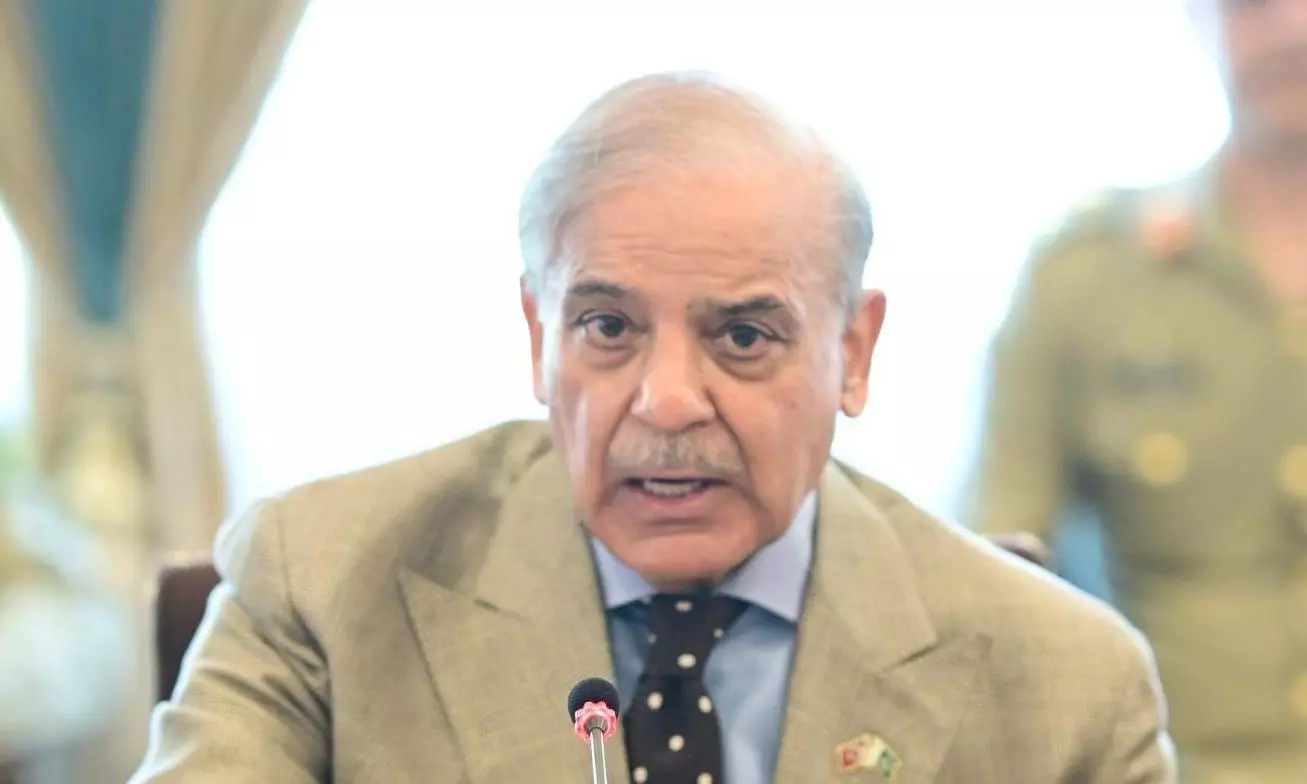
Pakistan PM, Army Chief likely to meet Trump at UNGA sidelines, says report
Pakistan PM Shehbaz Sharif and Army Chief Asim Munir may meet US President Donald Trump on UNGA sidelines amid rising India-Pakistan tensions

Pakistan Prime Minister Shehbaz Sharif and Chief of Army Staff, Field Marshal Asim Munir, are expected to meet US President Donald Trump next week on September 25 on the sidelines of the UN General Assembly.
According to a report in Pakistani news outlet Khyber News, Qatar and Saudi Arabia have extended support to the meeting between the Pakistani Prime Minister and Trump.
No official Pak confirmation
The tense India-Pakistan relations following the military conflict between the two nuclear-armed neighbours in the wake of Operation Sindoor, along with the Israeli strike on Qatar and severe floods in Pakistan, are on the agenda of the meeting, stated the report.
However, according to the report published on Tuesday (September 16), there has been neither any confirmation nor denial from the Pakistan Embassy in the US in this regard.
The development comes at a time when the US-Pakistan ties are on an upward trajectory after years of diplomatic snubbing by Washington.
Also Read: US team in Delhi for trade talks, first after Trump's 50 pc tariffs on India
‘Trump hosted Munir’
Pakistan Army chief Munir was hosted by Trump at the White House in June. Within days after the meeting, the Trump administration not only announced a trade deal with Pakistan but also said that it would help the country in developing its “massive” oil reserves.
The US-Pakistan bilateral ties seemed to have improved after Islamabad gave the credit to Trump for brokering a ceasefire agreement with India, supporting the US President’s claim that he had prevented a possible catastrophic conflict between the two nuclear-armed neighbours by using trade deals and tariff threats.
Also Read: US chief negotiator Brendan Lynch to arrive in Delhi for India-US trade talks
Trump’s ‘personal pique’ and tariffs
However, India has persistently denied the claim, stating that the ceasefire deal was reached between India and Pakistan after Pakistan’s DGMO reached out to his Indian counterpart with the proposal.
Initially, Islamabad also stated the same, but later backtracked and gave credit to Trump.
Last month, Jefferies, an American multinational investment bank, stated in a report that Trump’s decision to impose 50 per cent tariffs on India was the result of his “personal pique” of not being allowed to mediate in the military conflict between India and Pakistan.
"Tariffs (on India) are primarily the consequence of the American president's 'personal pique' that he was not allowed to play a role in seeking to end the long-running acrimony between India and Pakistan," stated the report by Jefferies as quoted by Hindustan Times.

